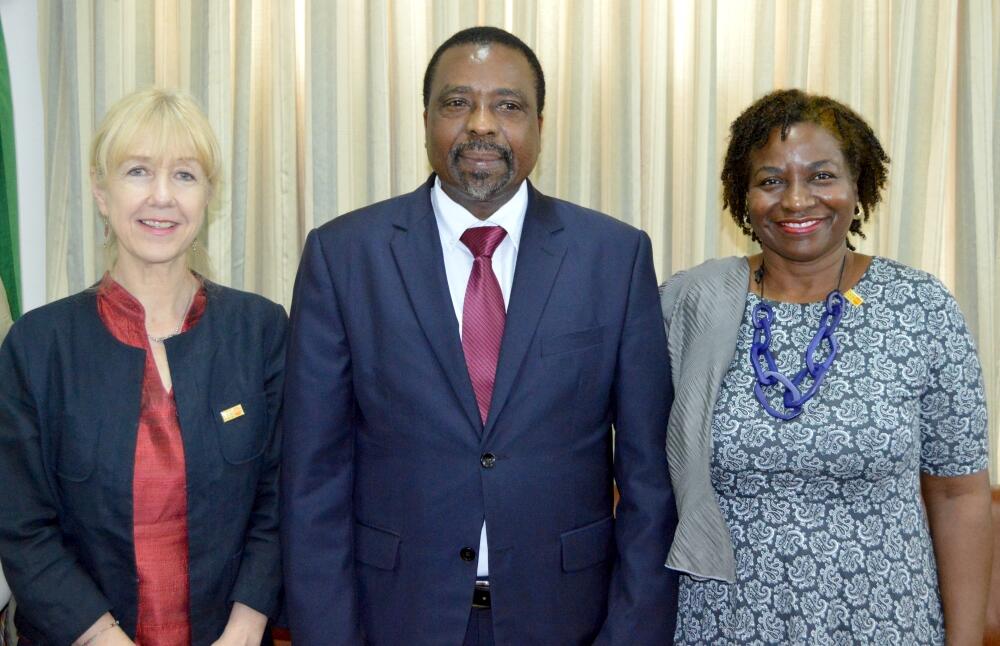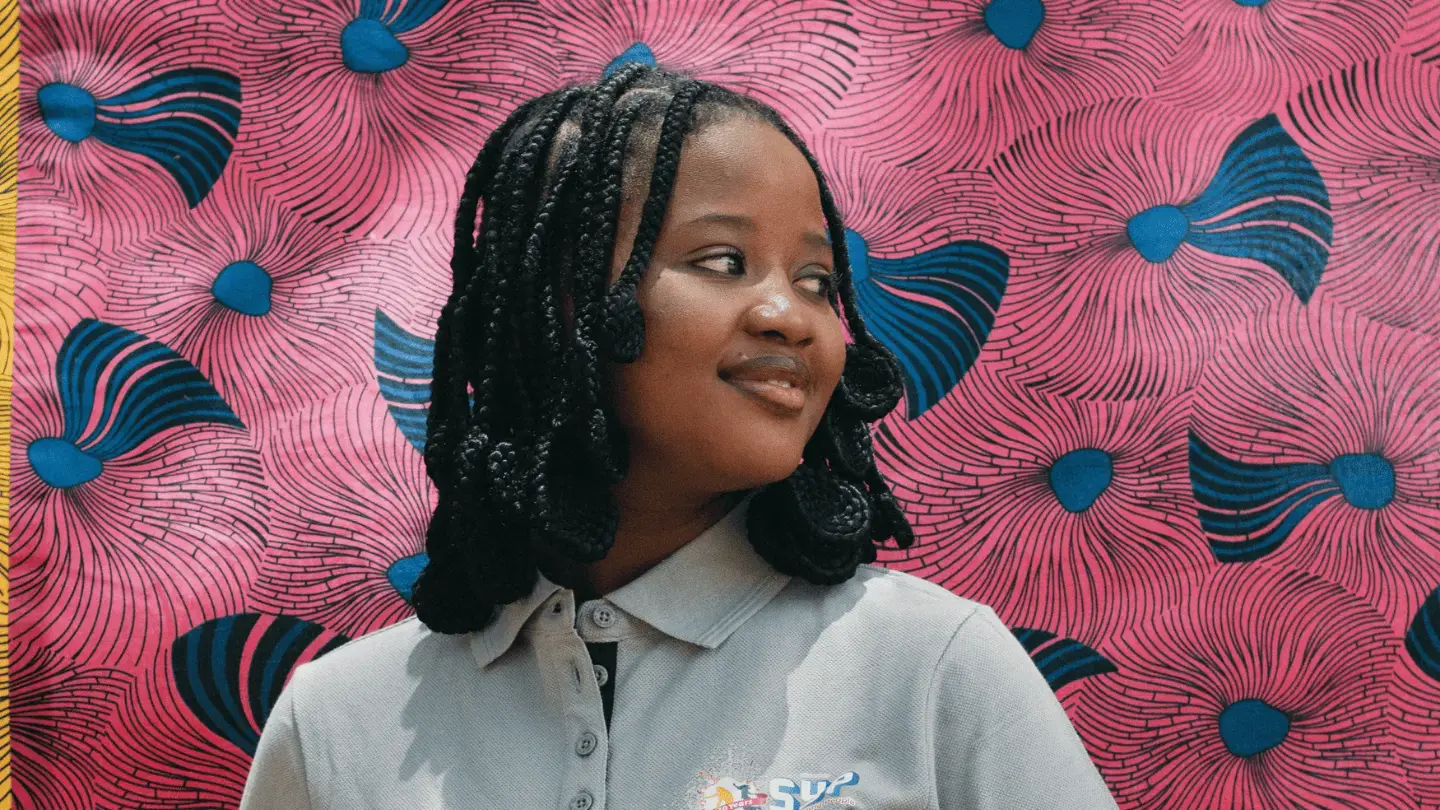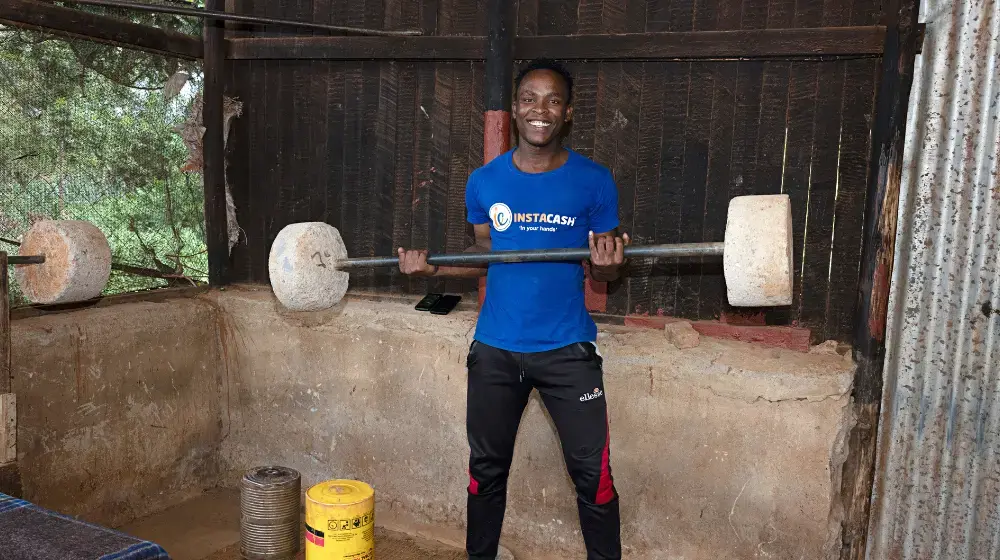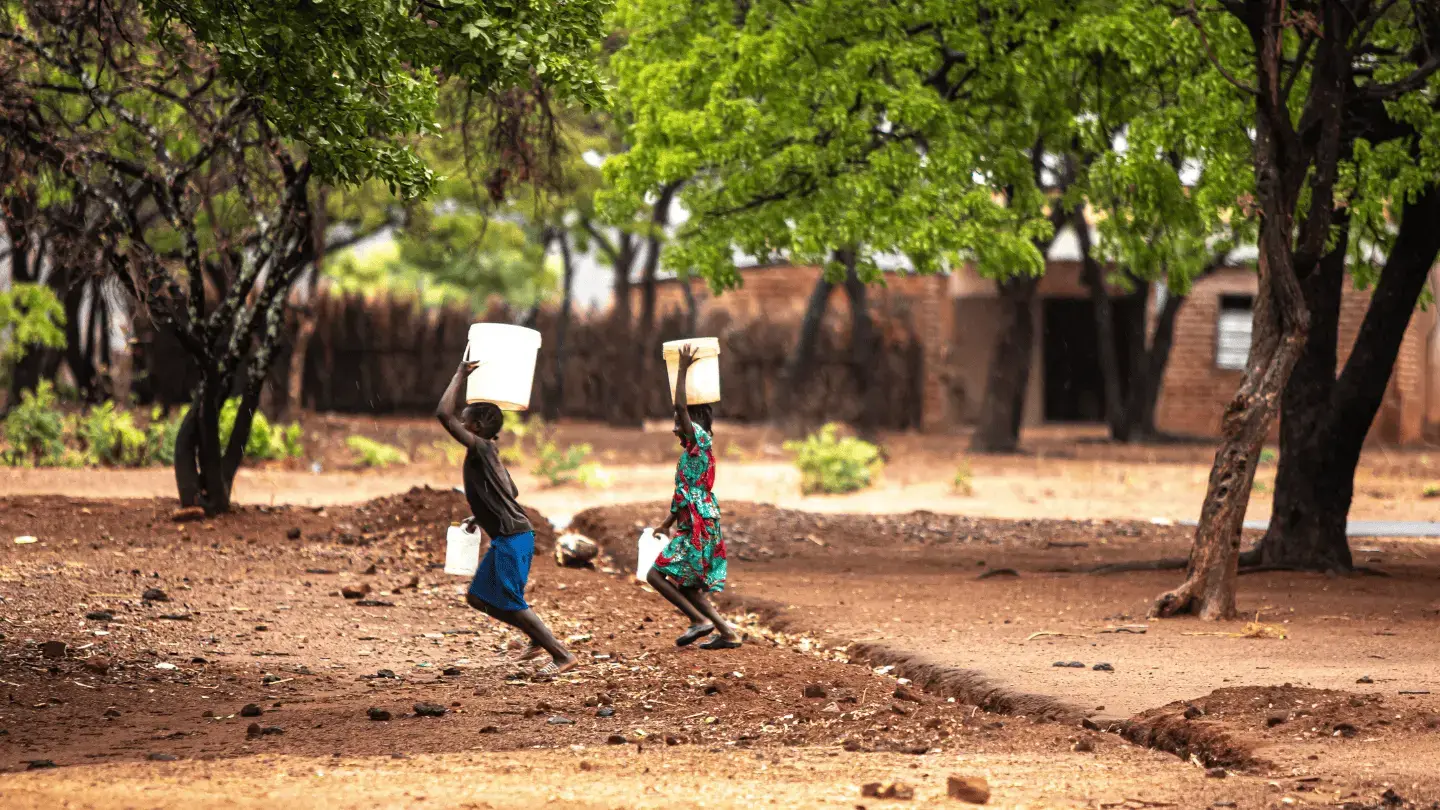MAPUTO, Mozambique – UNFPA Deputy Executive Director Dr. Natalia Kanem met government and civil society representatives, donors and other UNFPA partners here on Friday.
Dr. Kanem held discussions with the First Vice President of the Mozambican Parliament, António Amélia, on cooperation between UNFPA and the institution. Dr. Kanem highlighted the progress made by Mozambique in promoting youth participation and sexual and reproductive health, led by Parliament and other institutions.
UNFPA is a strategic partner of the Mozambican Parliament and has been involved in a number of important activities, especially in the preparation of the Youth Policy, later approved by Parliament, Mr. António said.
The Office of Parliamentary Women has been an important platform to bring issues concerning women in our society to the attention of the different groups in our house. - First Vice President of the Mozambican Parliament, António Amélia
“Given the importance that our house gives to sexual and reproductive health issues, the Parliament created the Office of the Parliamentary Youth, which deals with a number of issues concerning the youth, and serves as a platform to influence our policy development work,” he said.
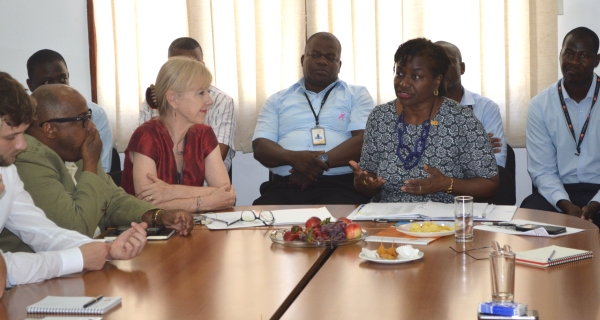
According to the Vice President, Parliament pays special attention to gender-related issues, which is why the Office of Parliamentary Women was created. “This has been an important platform to bring issues concerning women in our society to the attention of the different groups in our house,” he said.
Parliament would continue working with UNFPA, especially on issues linked to youth and adolescent girls, considering that more than 60 per cent of the population was under 25 years.
UNFPA in Mozambique will continue providing the government with population data and data analysis to inform the country’s development policies, as well as to support the country in achieving universal access to quality sexual and reproductive health services, Dr. Kanem said.
She met representatives of the Ministries of Youth and Sports, and Health, both of whom are members of the multi-sectorial committee for PGB (a Geração Biz Programme), a national youth network working to ensure universal access and use of quality sexual and reproductive health for youth and adolescents, created with UNFPA’s support.
Dr. Kanem was in Mozambique to attend the 19th Partnership for Maternal, Neonatal and Child Health (PMNCH) board meeting, which stressed the need for more investment in adolescent girls to end intergenerational poverty in developing countries. The PMNCH meeting was attended by the former First Lady, Graça Machel, and by institutions working to end child marriage globally.
By Alvo Fumane

